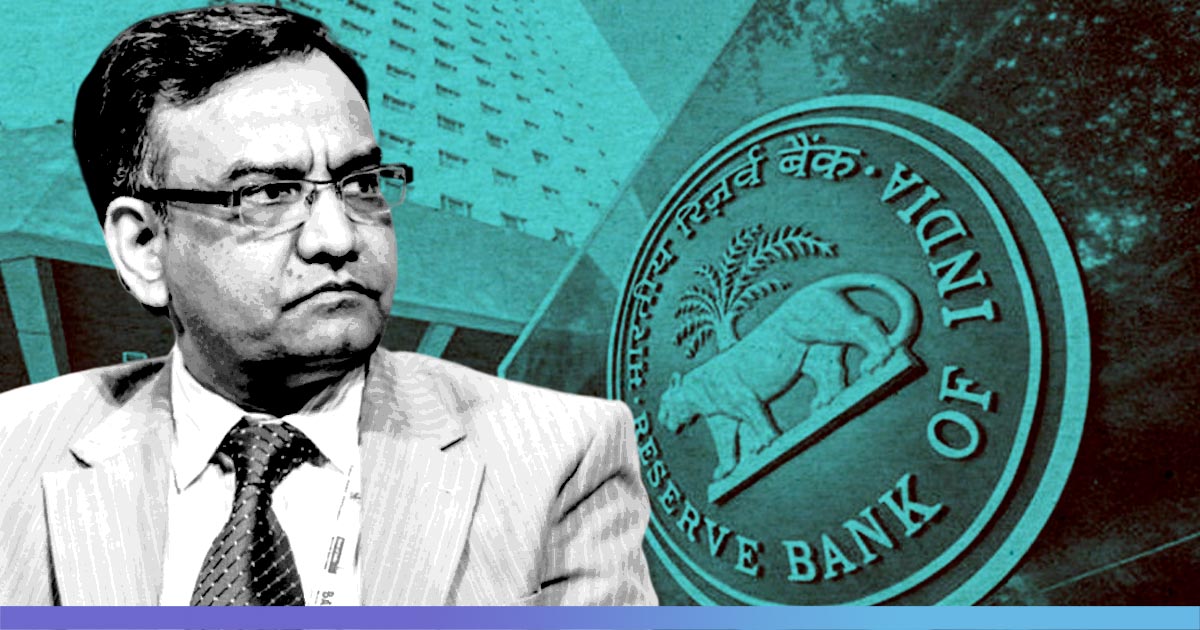The Reserve Bank of India (RBI) deputy governor, MK Jain, on Tuesday, said that banks should closely monitor loans disbursed under the Mudra Loans scheme as there are concerns of growing non-performing assets (NPAs) in this segment.
Speaking at the Sidbi National Microfinance Congress 2019 on Tuesday, Jain said banks need to focus on repayment capacity at the appraisal stage and monitor the loans through the lifecycle much more closely.
“Mudra is a case in point. While such a massive push would have lifted many beneficiaries out of poverty, there has been some concerns at the growing level of non-performing assets among these borrowers,” Jain said.
Pradhan Mantri MUDRA Yojana (PMMY) was launched in April 2015 for giving loans up to ₹10 lakh to non-corporate, non-farm small/micro-enterprises. These loans are classified as Mudra loans and are given by commercial banks, regional rural banks (RRBs), small finance banks, cooperative banks, microfinance institutions (MFIs) and NBFCs.
As per the government data, bad loans in Mudra scheme were at 2.68 per cent in 2018-19, up from 2.52 per cent in the previous year. Interestingly, MUDRA loan NPAs were at 2.89 per cent in 2016-17. Of the 182.60 million Mudra loans distributed, 3.63 million accounts defaulted as on 31 March 2019.
“The application of technology in finance has its own share of risks and challenges for regulators and supervisors. Early recognition of these risks and initiating action to mitigate the related regulatory and supervisory challenges is key to harnessing the full potential of these developments,” Jain said.
He also said that systemic risk might arise from unsustainable credit growth and financial risk manifested by lower profitability. He urged for a greater focus on consumer protection.
“Microfinance institutions must broaden their client outreach to reduce the concentration risk in their interest and to serve a wider clientele base. From a financial inclusion perspective, they should also critically review their operations, so other regions don’t remain underserved,” Jain said.
Jain claimed that few leading E-commerce companies have tied up with banks and non-banking financial companies (NBFCs) to offer working capital loans to their suppliers at competitive terms, many of whom are micro and small enterprises.
Jain said that the introduction of Goods and Services Tax (GST) has been helpful for the informal economy in a significant manner.
“As a result of much improved digital footprint, micro and small enterprises have become attractive clients for banks and NBFCs and microfinance institutions, thereby reducing their dependence on the informal source of funds. The cost of credit for the micro and small enterprises will also decrease as lending will shift from collateral-based lending to cash flow based lending,” he concluded.
Also Read: State-Run Banks Disbursed Over ₹2.5 Trillion In Loans In October: Finance Ministry











